
Animal Science - Comprehensive Animal Science Insights
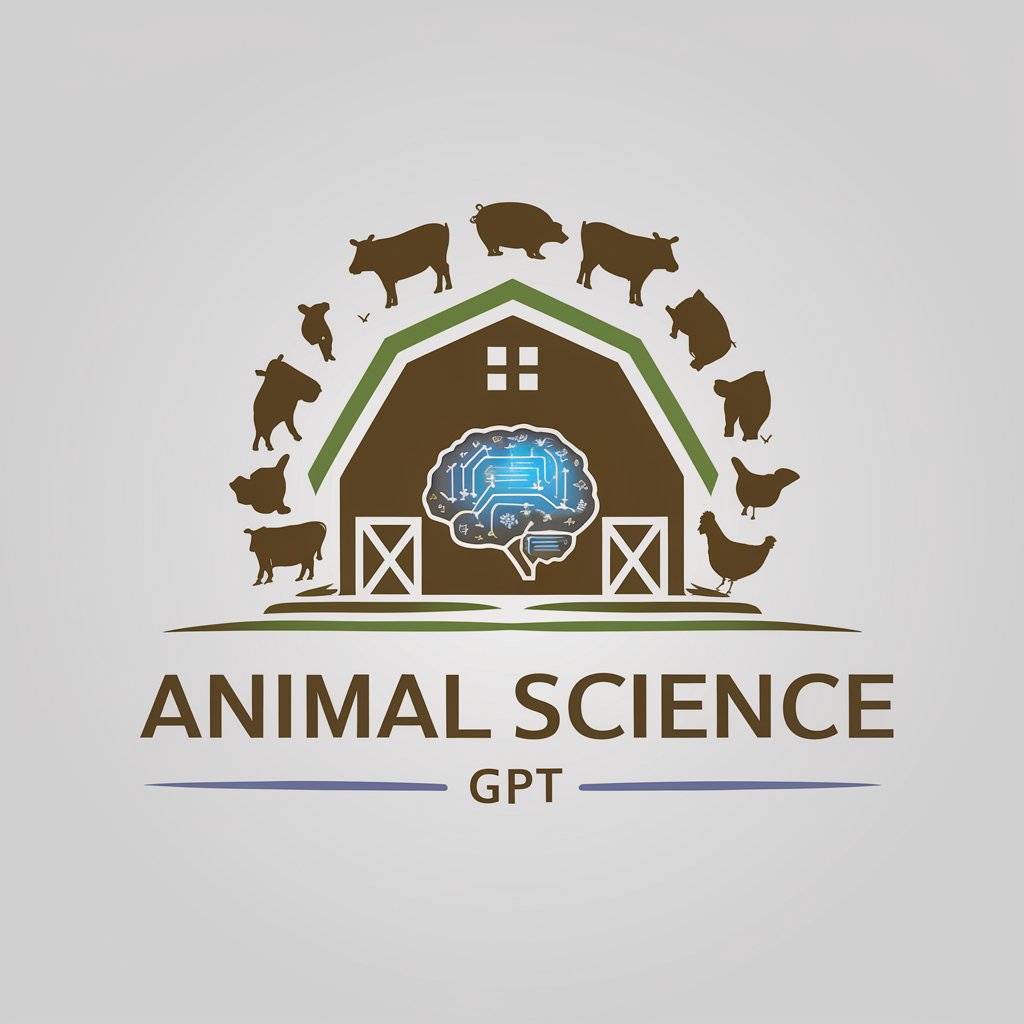
Welcome! Let's explore the science of animal agriculture together.
Empowering Agriculture with AI-driven Animal Science
What are the best practices for sustainable livestock farming?
How can technology improve animal welfare in agriculture?
What are the nutritional requirements for dairy cows?
How do genetics influence breeding programs in poultry?
Get Embed Code
Introduction to Animal Science GPT
Animal Science GPT is designed to offer in-depth knowledge and insights into the field of animal science, focusing on the science and management of animals in agriculture. This specialized GPT is programmed to provide comprehensive information on various aspects including animal health, breeding, nutrition, welfare, and sustainable agricultural practices. Through its design, it aims to educate, inform, and facilitate discussions on the advancements and ethical considerations within animal husbandry. An example scenario illustrating its purpose could be a user seeking advice on best practices for dairy cow nutrition. Animal Science GPT would provide detailed recommendations on diet formulations, feeding strategies, and nutritional requirements to optimize milk production and animal health. Powered by ChatGPT-4o。

Main Functions of Animal Science GPT
Educational Resource on Animal Health
Example
Detailed guidance on preventing and managing common livestock diseases.
Scenario
A farmer notices symptoms of a potential illness in their livestock and seeks information on diagnosis, treatment, and preventive measures. Animal Science GPT offers comprehensive advice on identifying symptoms, possible diseases, and recommended veterinary practices.
Breeding and Genetics Consultation
Example
Advice on selective breeding practices and genetic improvement.
Scenario
A breeder aims to enhance certain traits in their herd, such as milk yield in dairy cattle or wool quality in sheep. Animal Science GPT provides insights into the principles of animal genetics, selection strategies, and the role of biotechnology in breeding.
Nutrition and Feeding Strategies
Example
Customized diet plans and nutritional management for different animal species.
Scenario
A livestock producer seeks to optimize feed efficiency and animal growth rates. Animal Science GPT offers tailored nutritional advice, including feed formulation, supplementation, and feeding schedules to meet the specific needs of the producer's animals.
Sustainable Agricultural Practices
Example
Guidance on implementing eco-friendly and ethical farming methods.
Scenario
An agriculturalist is looking to adopt sustainable farming practices that minimize environmental impact while ensuring animal welfare. Animal Science GPT provides information on pasture management, waste management, and conservation practices that align with sustainable agriculture goals.
Ideal Users of Animal Science Services
Farmers and Livestock Producers
Individuals directly involved in the breeding, raising, and management of animals for agricultural purposes. They benefit from detailed, practical advice on improving animal health, productivity, and welfare, which can lead to enhanced profitability and sustainability of their farming operations.
Agricultural Students and Researchers
Students and professionals in the field of agriculture seeking to deepen their understanding of animal science. This user group benefits from the comprehensive, research-based information on animal biology, genetics, nutrition, and management practices.
Veterinarians and Animal Health Professionals
Practitioners requiring up-to-date information on animal health issues, treatments, and preventive care strategies. Access to detailed animal science knowledge supports their role in diagnosing and managing animal health, enhancing the well-being of animals under their care.
Policy Makers and Agricultural Consultants
Individuals involved in shaping policies or providing consultancy services in the agricultural sector. They benefit from insights into sustainable practices, animal welfare standards, and the latest advancements in animal husbandry to inform decision-making and advisory services.

Utilizing Animal Science: A Step-by-Step Guide
1
Start by exploring yeschat.ai to access a trial version freely, without the necessity of a login or subscribing to ChatGPT Plus.
2
Identify your specific interest or need within animal science, such as animal health, breeding, nutrition, or welfare, to focus your inquiries effectively.
3
Utilize the query box to enter your detailed questions or topics of interest. Be as specific as possible to receive the most accurate and relevant information.
4
Review the provided information carefully. For complex topics, consider following up with more detailed questions to deepen your understanding.
5
Apply the insights gained in practical scenarios, such as academic research, farm management, or policy-making, to enhance animal welfare and productivity.
Try other advanced and practical GPTs
Hydro Grant Helper
Streamlining Hydroponics Grants with AI

Crop Science
Empowering Agriculture with AI
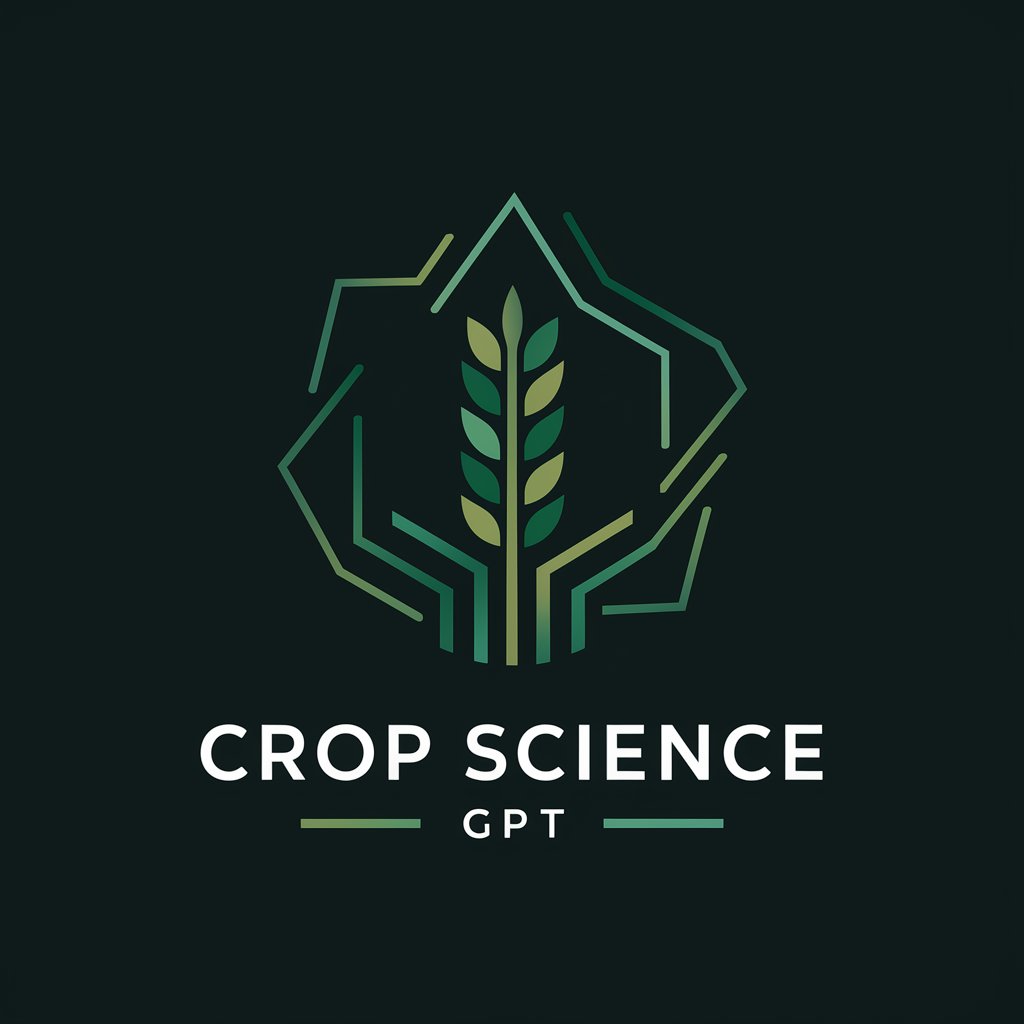
Conventional Farming
Empowering Agriculture with AI Insights
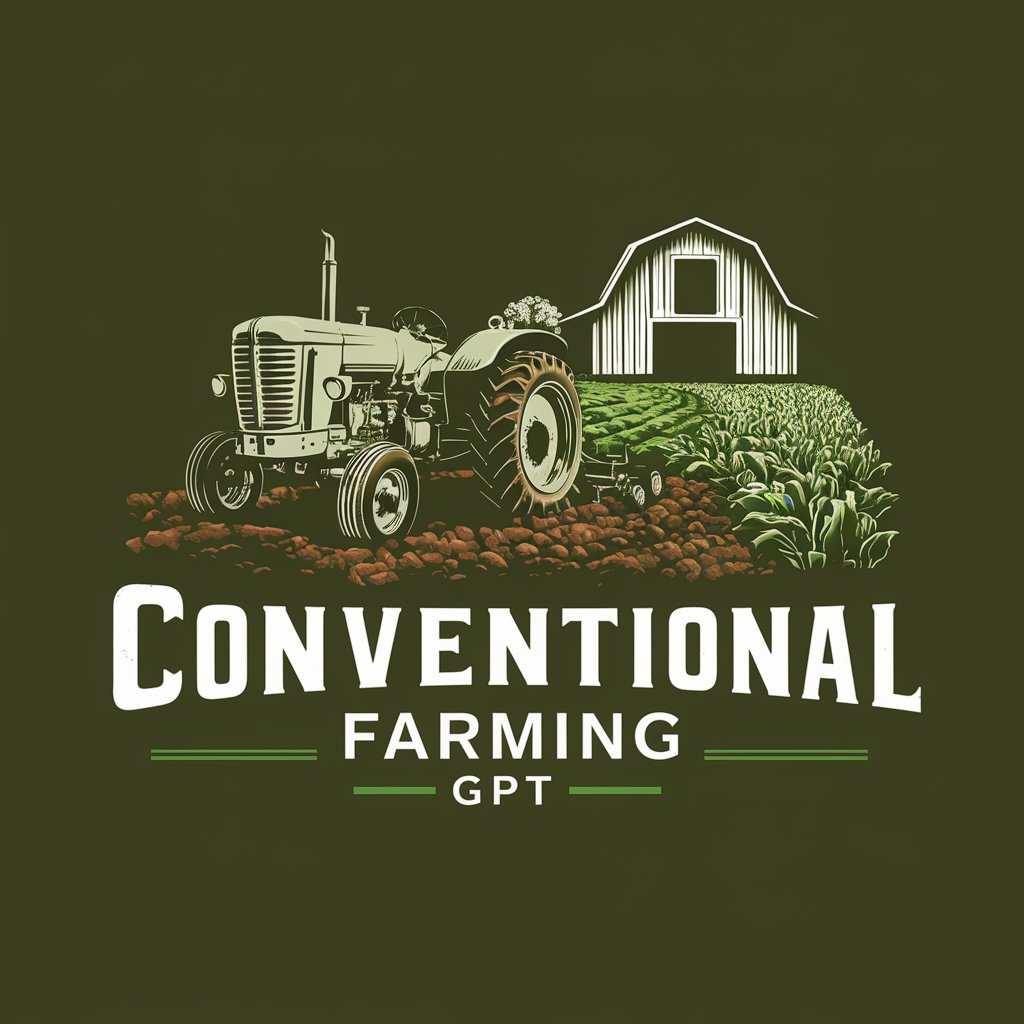
Time Table Assistant
Optimize Your Day with AI-Powered Scheduling

Agricultural Management
Empowering Agri-business with AI-driven Management
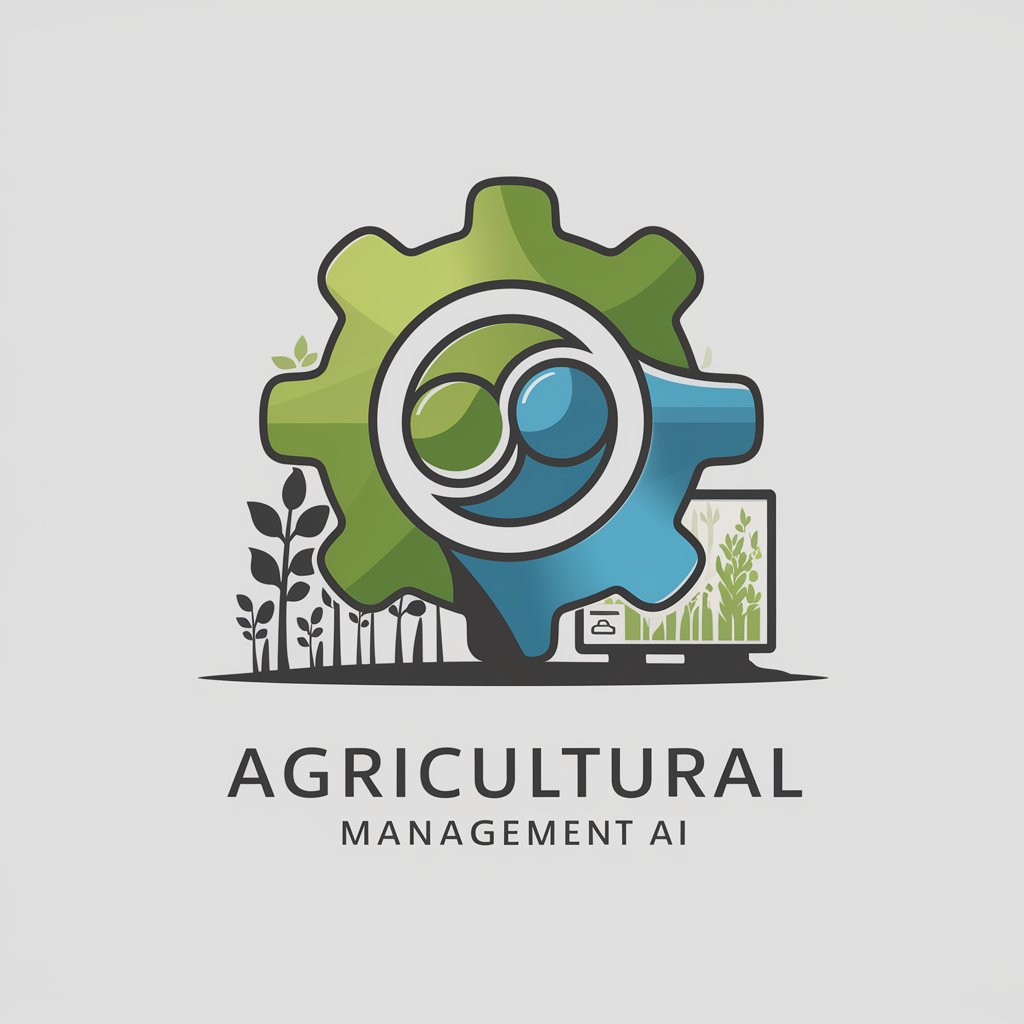
Farming
Cultivating Sustainability with AI
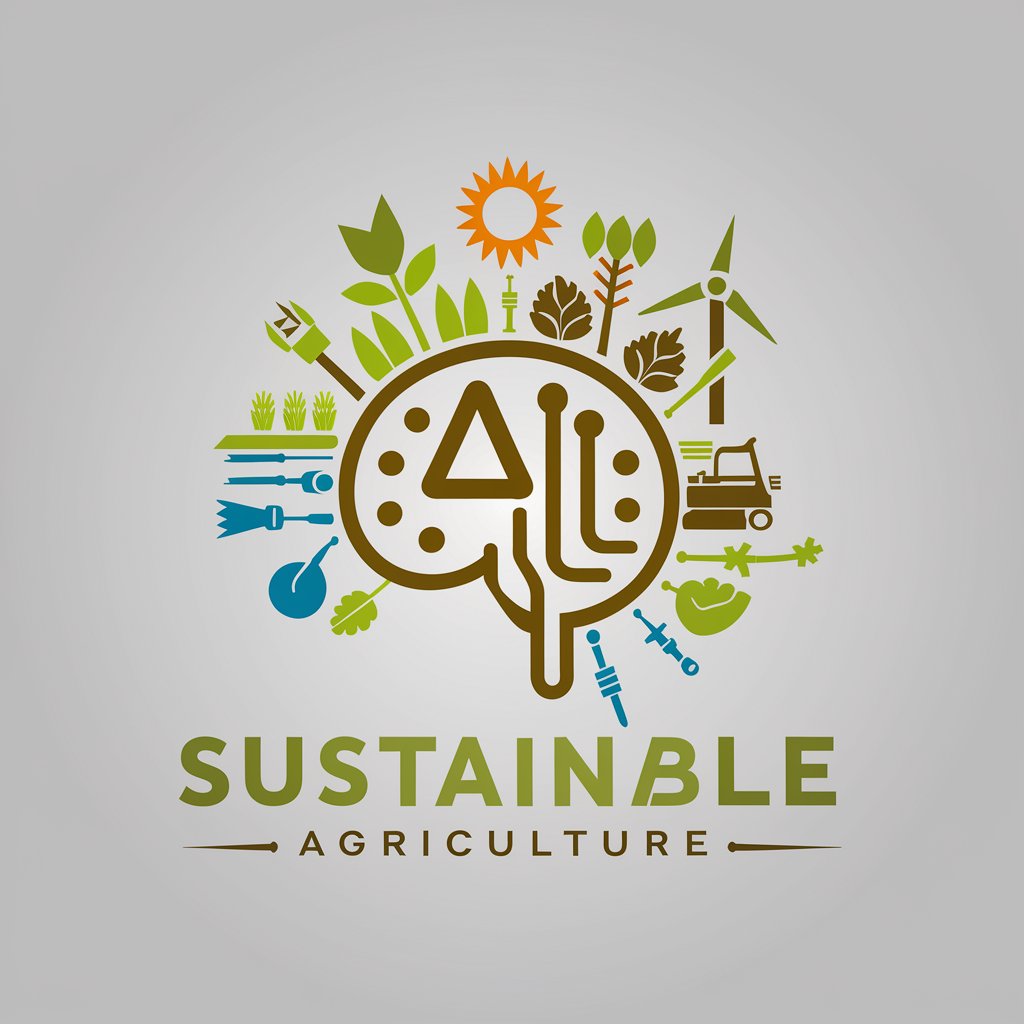
Agronomy
Empowering Agriculture with AI
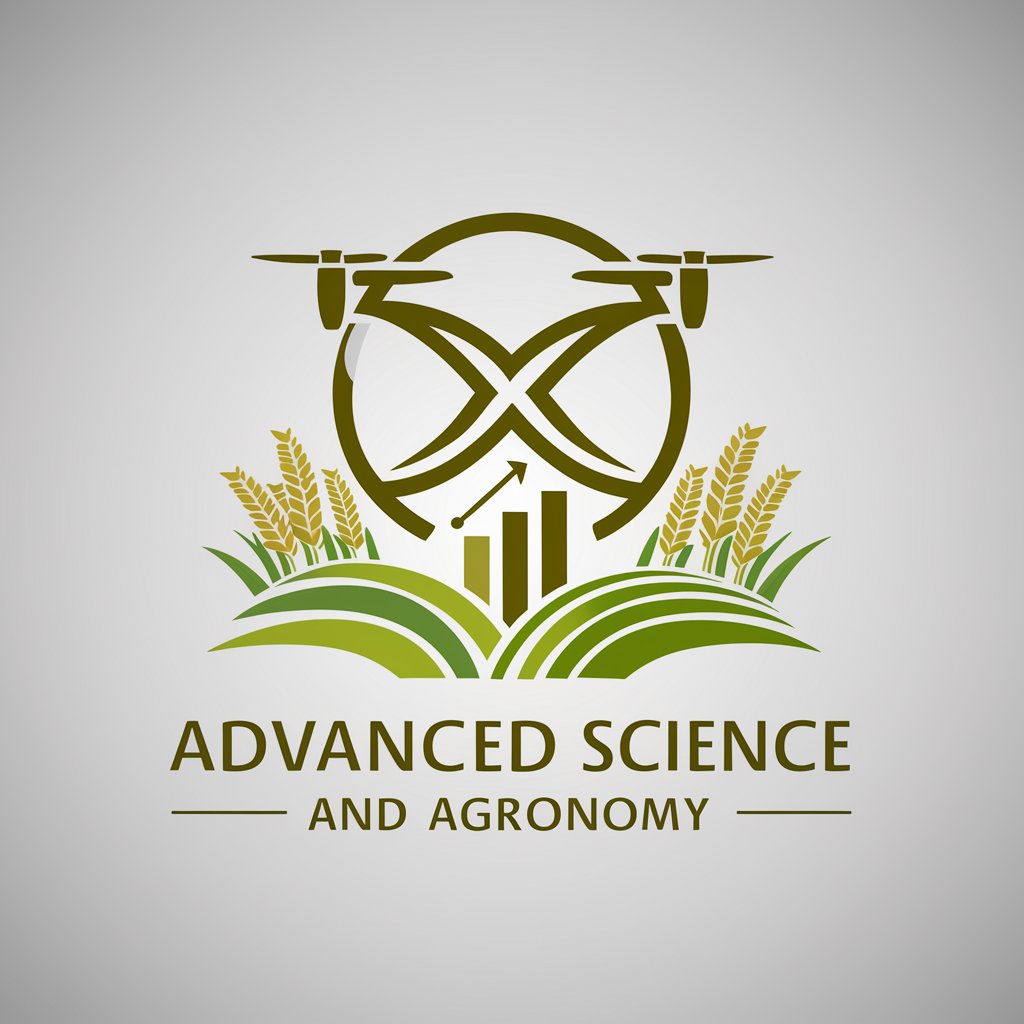
AgriAdvisor
Empowering Farmers with AI Insights
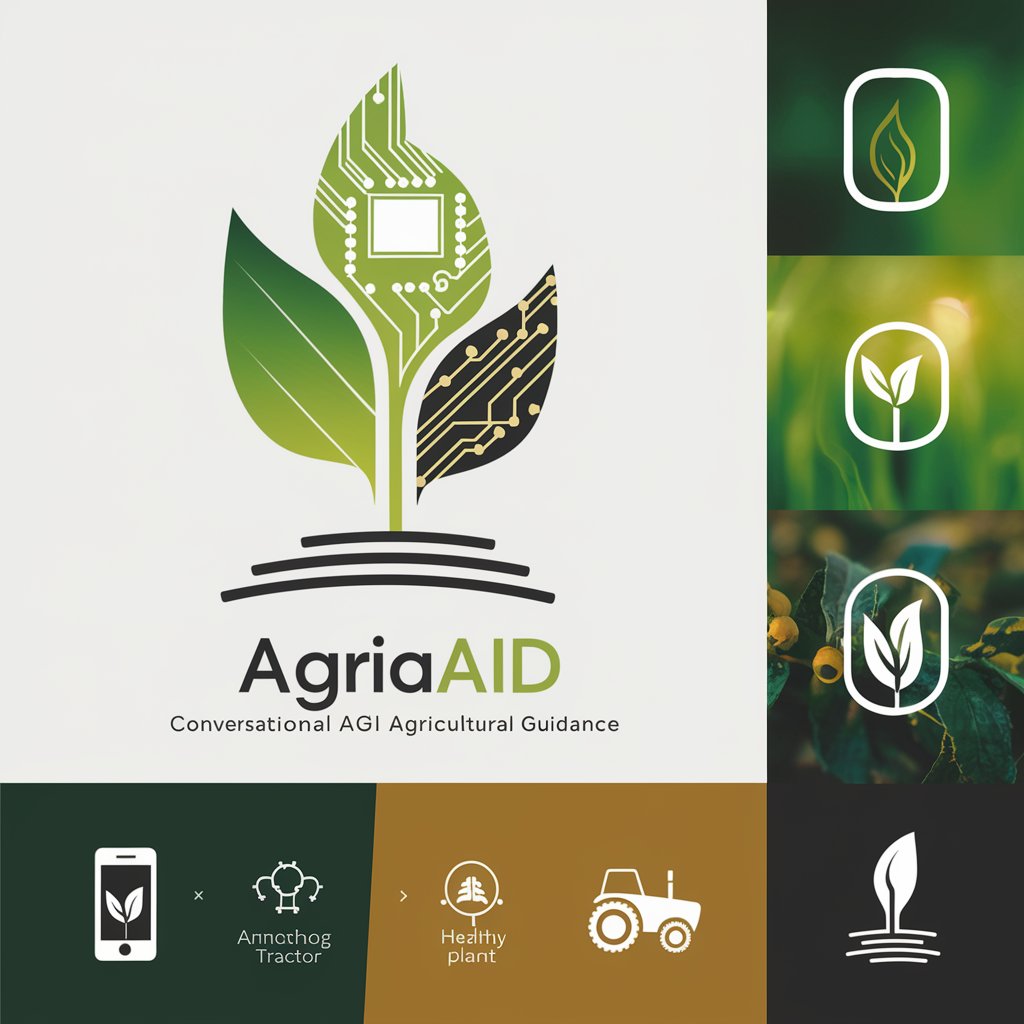
MyMycelium
Empowering Safe Psychedelic Exploration with AI
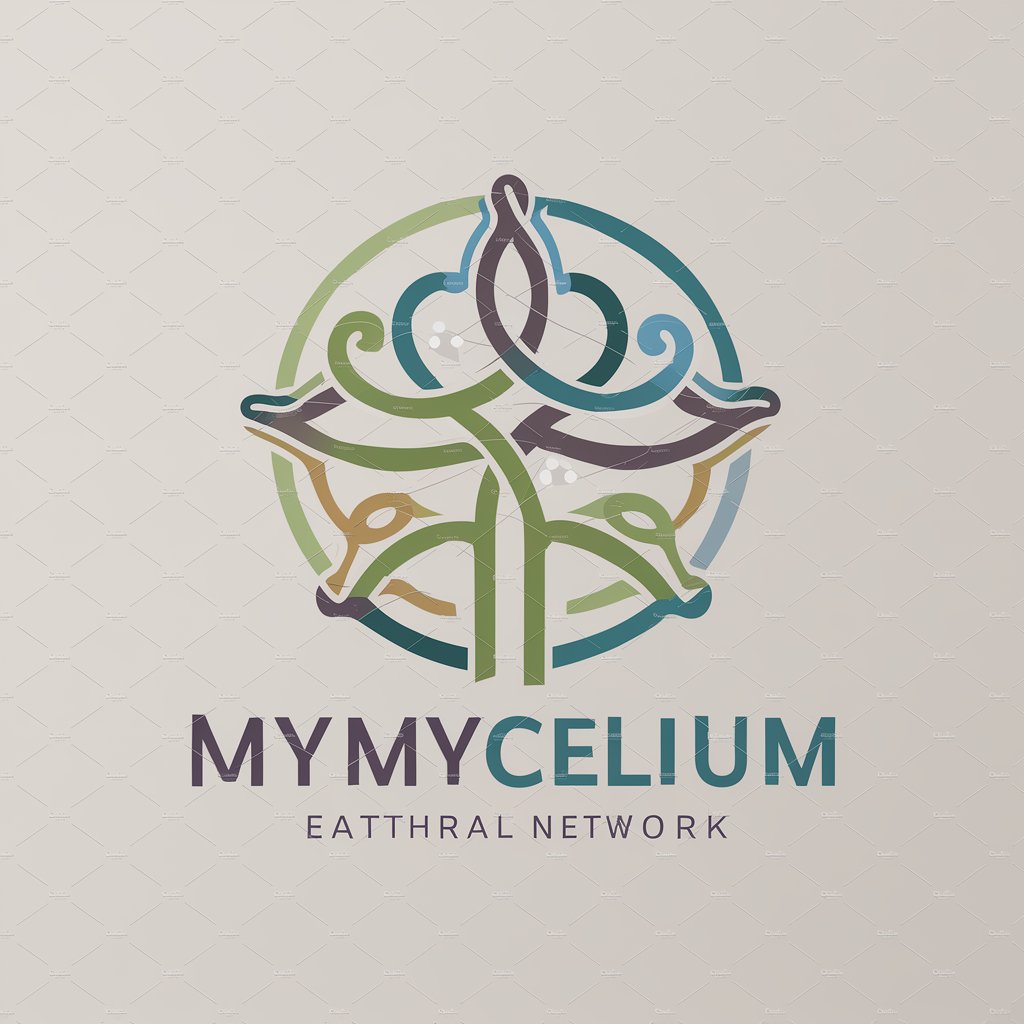
True Crime Fan
Unlocking the Mysteries of Crime with AI

Robert Green GPT
Strategize your life with AI-powered Greene's wisdom.

Maritime Maven
Unravel maritime history with AI

In-Depth Q&A on Animal Science
What is animal science?
Animal science is a multidisciplinary field that focuses on the biology, care, and management of domestic animals. It covers various aspects such as genetics, nutrition, reproduction, health, and welfare, aiming to improve livestock production and management practices.
How can animal science contribute to sustainable agriculture?
Animal science plays a crucial role in sustainable agriculture by developing practices that improve animal welfare, enhance productivity, and minimize environmental impact. This includes optimizing feeding strategies, breeding for desirable traits, and implementing health management practices that reduce the need for antibiotics.
What are the latest technological advancements in animal science?
Recent technological advancements in animal science include precision livestock farming, genetic editing technologies like CRISPR, and the use of blockchain for traceability. These technologies enable more efficient and humane management of livestock, improve genetic traits, and ensure food safety.
How does nutrition affect livestock health and productivity?
Nutrition is fundamental to livestock health and productivity. Proper nutrition ensures optimal growth, reproduction, and lactation, and prevents diseases. Balanced diets tailored to the specific needs of different livestock species and stages of life are essential for maximizing productivity and sustainability.
What are ethical considerations in animal breeding?
Ethical considerations in animal breeding include the welfare of animals, genetic diversity, and the impact of breeding practices on animal health and behavior. Ethical breeding practices aim to improve livestock characteristics while ensuring animals live healthy, comfortable lives without suffering from problems related to excessive selective breeding.